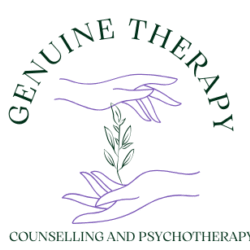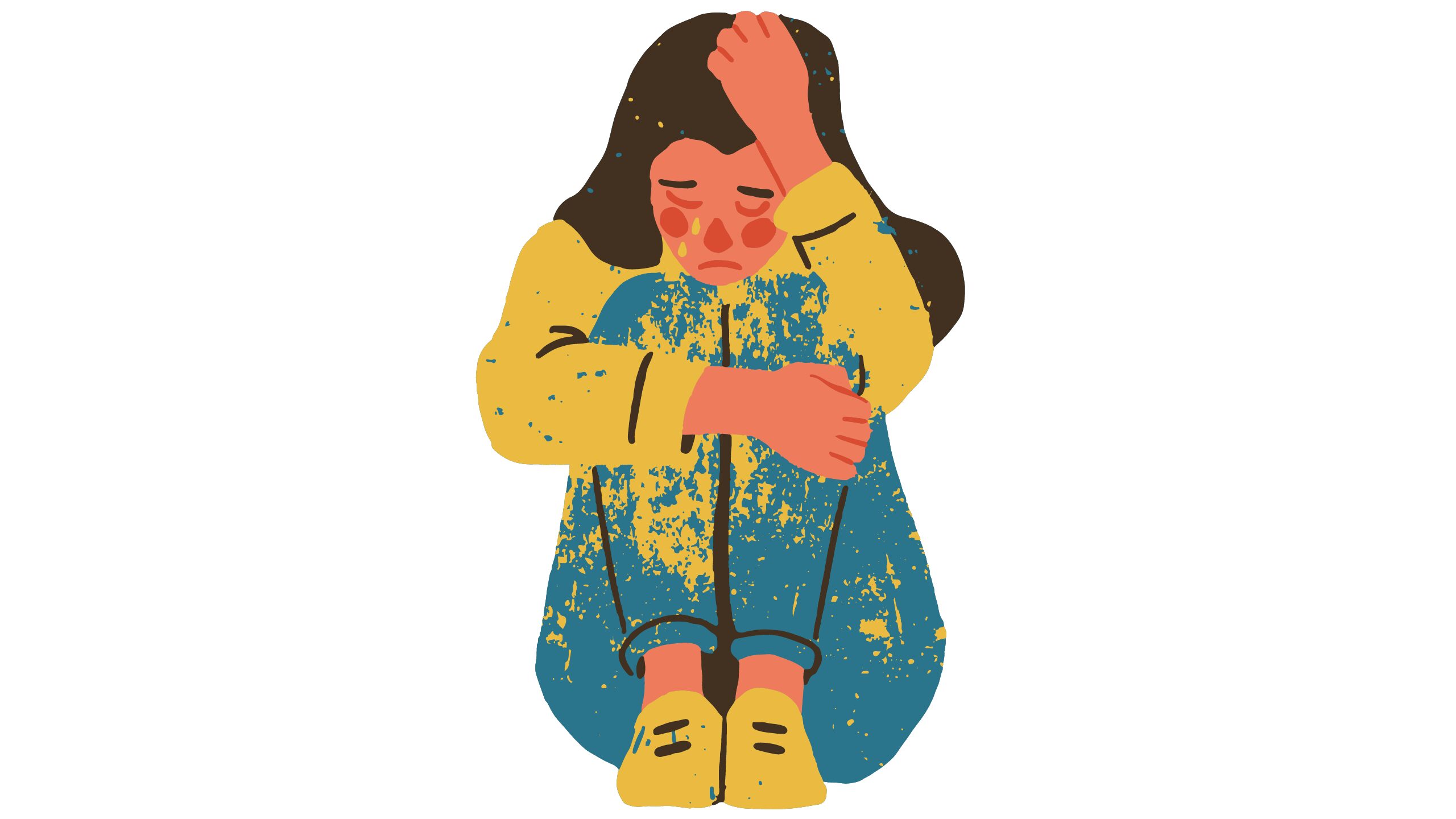Conquering the Chaos: A Comprehensive Guide to Managing OCD
Obsessive-Compulsive Disorder (OCD) is a complex mental health condition that affects millions of people worldwide. It is characterized by persistent, intrusive thoughts (obsessions) and repetitive behaviours or mental acts (compulsions) that make someone feel compelled to perform to alleviate anxiety or prevent a feared outcome. It’s a disorder that can significantly disrupt daily life, affecting …

